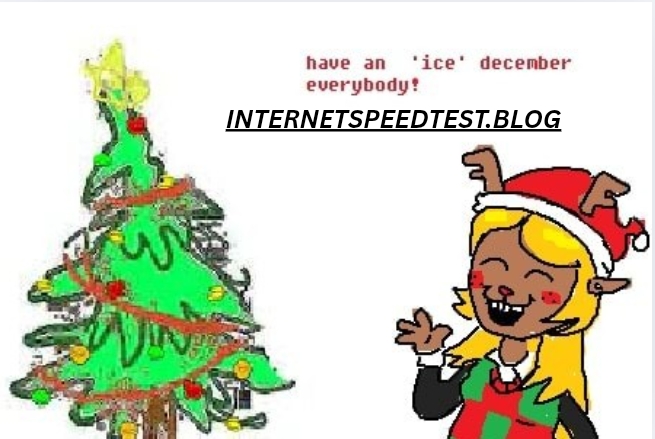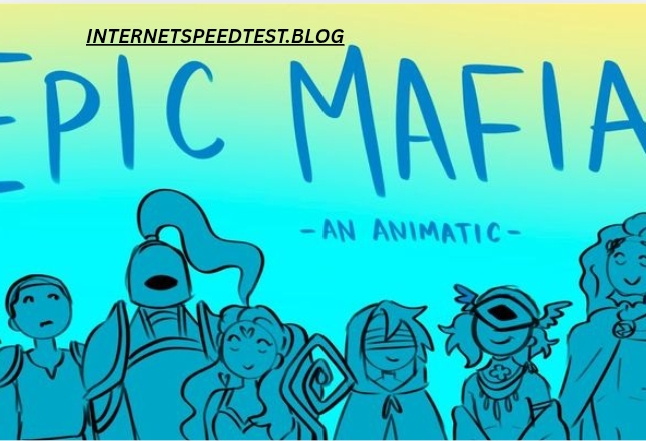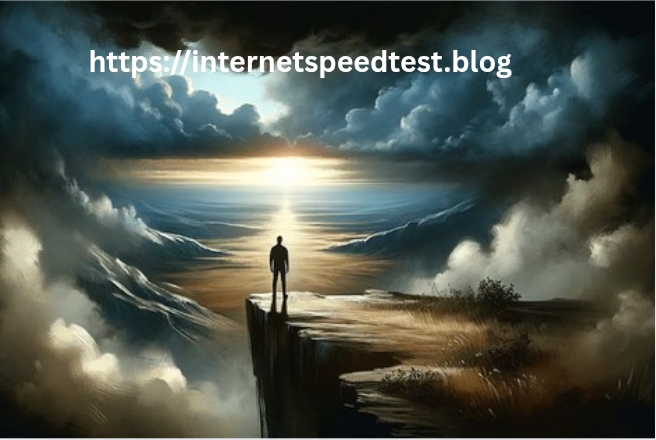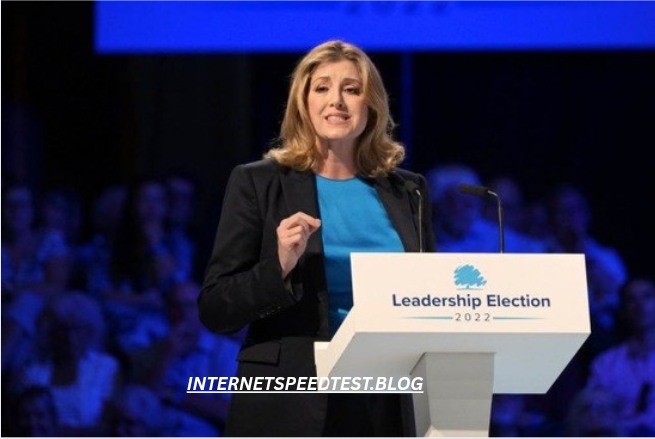Introduction
In today’s digital era, unusual and quirky words often take the internet by storm. One such term that has captured the attention of netizens is “kringlefucker.” While the word itself sounds strange, humorous, and even a little controversial, it has developed a unique identity online. Many people are curious about its origin, meaning, and why it is gaining traction across social platforms, memes, and digital subcultures.
This article provides a comprehensive 2500-word exploration of the keyword “kringlefucker”—its possible origins, cultural implications, uses in humor, internet popularity, and how it represents the creativity of online communities.
What Does Kringlefucker Mean?
The word “kringlefucker” is not found in any traditional dictionary. Instead, it appears to be a portmanteau created by combining two distinct words:
- Kringle – Often associated with a pastry (a Scandinavian sweet treat) or even Santa Claus (known as Kris Kringle).
- Fucker – A vulgar term in English, usually used for emphasis, insult, or comedic exaggeration.
When merged, “kringlefucker” transforms into a humorous, edgy term that may have multiple interpretations depending on the context. Some view it as a playful insult, while others see it as a meme-worthy word meant only for laughs.
Origins of the Word Kringlefucker
While no definitive record traces the exact first use of “kringlefucker,” it seems to have emerged from online culture—possibly Reddit threads, meme communities, or gaming chats where absurd compound words thrive.
There are a few theories about its roots:
- Scandinavian Connection: The word “Kringle” comes from Scandinavia, where it represents a type of pastry. Mixing this wholesome idea with an explicit suffix creates a comically jarring effect.
- Holiday Humor: Since “Kris Kringle” is another name for Santa Claus, the word could be a satirical jab at holiday traditions or characters.
- Internet Wordplay: The digital generation loves creating absurd phrases for humor, trolling, or building niche communities. “Kringlefucker” may simply be a product of that trend.
Why Do People Use Kringlefucker?
The word is mostly used for comedic, satirical, or meme-related purposes. Its impact lies in its absurdity—it doesn’t have a serious meaning but instead thrives in shock value and laughter.
Some uses include:
- As a username on gaming platforms or forums.
- In memes poking fun at Santa Claus or holiday traditions.
- As a humorous insult that sounds less offensive because it’s too ridiculous to be taken seriously.
- In creative writing or parody where unusual vocabulary grabs attention.
Kringlefucker and Meme Culture
Internet culture has a long history of generating bizarre words that later gain popularity. “Kringlefucker” fits perfectly into this trend.
Similar examples include:
- Doggo (slang for dogs)
- Shrekposting (memes about Shrek)
- Dank memes (absurd, ironic jokes)
Kringlefucker memes often appear during the Christmas season, where it becomes a parody of Santa Claus or holiday foods. For example, a meme might show Santa Claus with the caption “The original Kringlefucker.”
Psychological Appeal of Strange Words
Why do people enjoy words like “kringlefucker”? Linguists and psychologists suggest that novelty and absurdity stimulate humor. When people encounter a strange word that mixes innocence (Kringle) with vulgarity (fucker), it creates an unexpected contrast.
This contrast sparks laughter because:
- It breaks social norms in a harmless way.
- It feels edgy but not overly offensive.
- It is memorable because of its unusual composition.
Kringlefucker in Pop Culture
Although not yet mainstream, “kringlefucker” has popped up in:
- TikTok skits making fun of Christmas traditions.
- Twitter posts where users exaggerate frustrations with the holiday season.
- Reddit memes where absurdity is celebrated.
There are even niche merchandise shops online selling T-shirts, mugs, and stickers with the word “kringlefucker” as a bold statement piece.
Possible Interpretations of Kringlefucker
Depending on how one interprets the word, it can have several meanings:
- Santa Satire: A comical jab at Kris Kringle (Santa Claus).
- Pastry Joke: An exaggerated insult or nickname about eating too many Kringles.
- Holiday Stress Symbol: A funny way to express frustration with the chaos of the festive season.
- Random Absurdity: Simply a nonsense word that sounds funny.
Kringlefucker as an Online Identity
One fascinating aspect of internet culture is how words like “kringlefucker” turn into usernames, gamer tags, or digital personas. People often adopt these humorous, shocking names to stand out online.
Examples include:
- Gaming Communities: A player named “Kringlefucker” might instantly gain attention in a multiplayer lobby.
- Social Media Handles: Twitter, TikTok, or Instagram accounts with this name gain curiosity clicks.
- Streaming Brands: Some Twitch or YouTube streamers use bizarre names to build a comedic brand identity.
Linguistic Breakdown of the Word
Analyzing “kringlefucker” from a linguistic perspective reveals interesting elements:
- Kringle: Soft, pleasant, and associated with tradition.
- Fucker: Harsh, vulgar, and rebellious.
- Combination: A juxtaposition of wholesomeness and vulgarity, which is why it is so effective as a comedic word.
Why Kringlefucker Is Memorable
Some reasons why the word sticks in people’s minds:
- Shock value – It surprises people when they first hear it.
- Holiday association – It connects to Santa or pastries.
- Meme adaptability – It can be inserted into various joke formats.
- Phonetic rhythm – The way it rolls off the tongue adds to its humor.
The Role of Humor in Kringlefucker’s Popularity
Humor is central to why “kringlefucker” exists at all. Internet humor often thrives on:
- Absurdity – Words that don’t make logical sense.
- Exaggeration – Making ordinary things sound extreme.
- Shock comedy – Using vulgarity in unexpected contexts.
Kringlefucker ticks all three boxes.
Kringlefucker in Holiday Conversations
Around December, when conversations revolve around gifts, Santa, and holiday stress, inserting the word “kringlefucker” into jokes can instantly lighten the mood. For instance:
- “Santa didn’t bring me anything this year, what a kringlefucker.”
- “I burned the Christmas cookies again, feeling like a true kringlefucker.”
Such playful usage makes the holiday season even more entertaining.
The Future of the Word Kringlefucker
Will “kringlefucker” remain a niche internet joke or evolve into mainstream slang? Looking at other examples (like “yeet” or “sus”), absurd online words often gain widespread recognition over time.
Possible futures include:
- Becoming a staple Christmas meme word.
- Inspiring merchandise brands.
- Entering urban dictionaries as an official slang definition.
Kringlefucker and Online Creativity
The existence of words like “kringlefucker” highlights how the internet allows for endless linguistic creativity. Communities no longer rely on official dictionaries—anyone can create a word, and if it resonates, it spreads.
This represents a shift in language where memes and slang evolve faster than traditional language rules.
Controversies Around the Word
Of course, the vulgarity in “kringlefucker” may offend some audiences, especially in family-friendly or professional settings. While most people use it in harmless fun, others may view it as disrespectful when tied to holiday figures like Santa Claus.
As with all slang, context is key. Using “kringlefucker” in the right environment (friends, memes, humor) is fine, but it may not belong in workplaces or formal discussions.
SEO and Digital Branding Potential
Interestingly, “kringlefucker” has potential in SEO and branding. Since it’s a unique, rare keyword, content around it faces little competition. Blogs, memes, or even merchandise using the term can attract traffic simply due to its uniqueness.
For businesses targeting humor or niche markets, leveraging quirky terms like this can create viral marketing opportunities.
Conclusion
“Kringlefucker” may not be a word you’ll find in official dictionaries, but it represents the power of internet culture to create, spread, and embrace absurdity. From holiday memes to online usernames, it shows how humor thrives on mixing the wholesome with the vulgar.
The word is memorable, funny, and oddly fitting for the digital age where language is constantly being reinvented. Whether you see it as a Santa parody, a pastry joke, or just a random bit of online silliness, “kringlefucker” is proof that language is alive, playful, and always evolving




